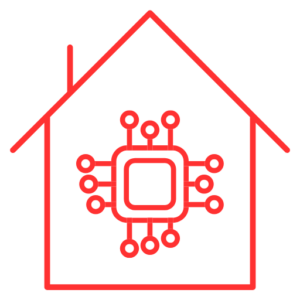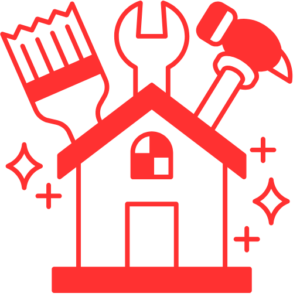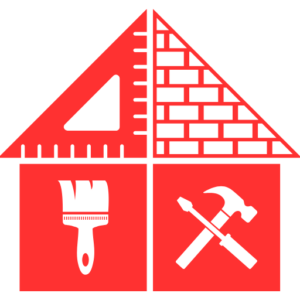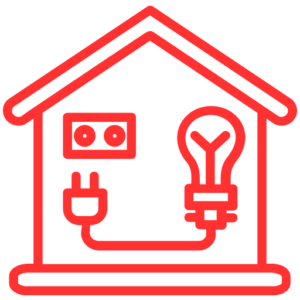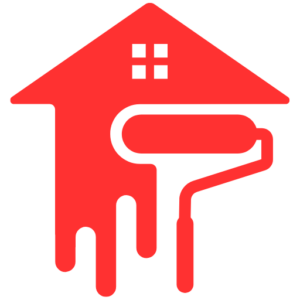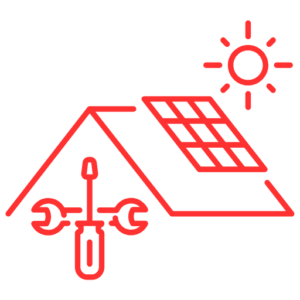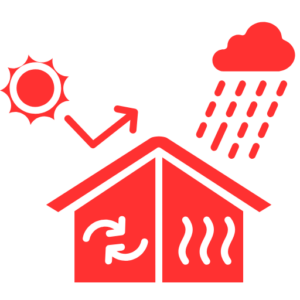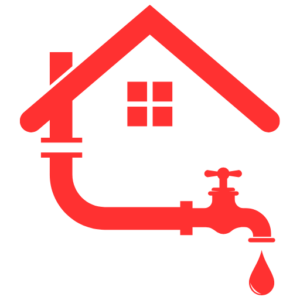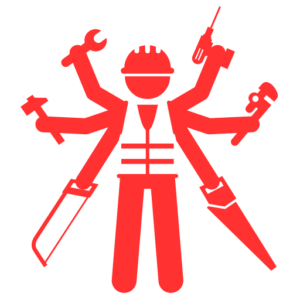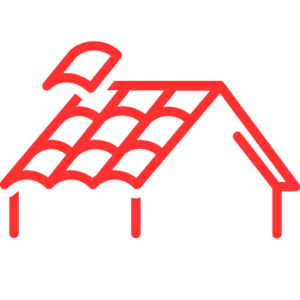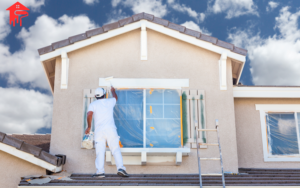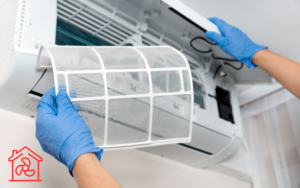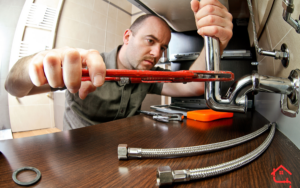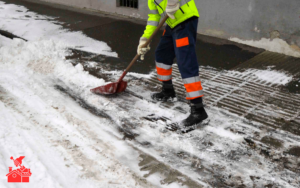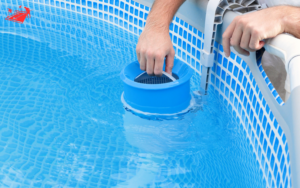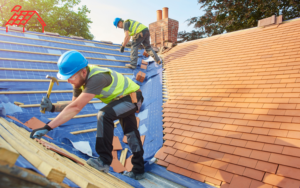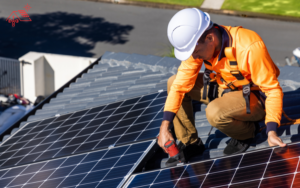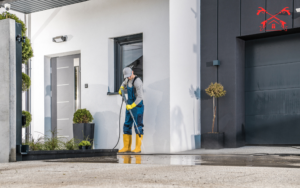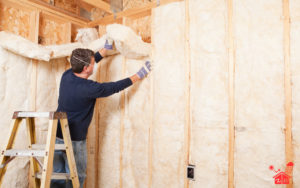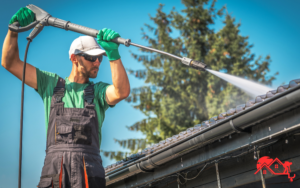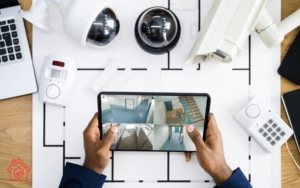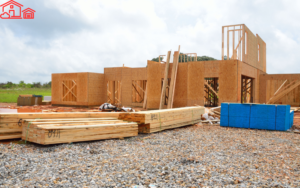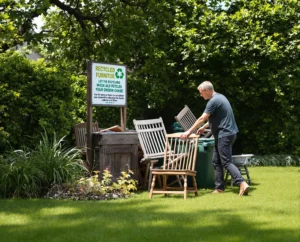INTRO
Welcome! If you’re interested in smart home automation in Albuquerque, NM, you’re in the right place. I understand navigating the world of home automation can feel overwhelming at first, but I’m here to guide you through the essential steps. From choosing the right devices to integrating them seamlessly, we’ll cover what I need to know to transform my home into a smart sanctuary!
Understanding Smart Home Automation
Smart home automation allows me to control various devices in my home using a central system, often accessible through my smartphone or tablet. This integration makes my daily life easier, safer, and more efficient.
What Are Smart Home Devices?
Smart home devices include products like smart lighting, thermostats, security cameras, and even smart plugs. With these devices, I can manage my home from virtually anywhere.
- Smart speakers
- Video doorbells
- Smart locks
Types of Smart Home Automation Systems
There are various systems available to suit my needs, including standalone devices that work via their own apps and comprehensive platforms that can control everything from a single interface.
Steps to Start with Home Automation
Getting started with home automation is simpler than I think. Here’s a step-by-step guide to help me dive in.
Step 1: Identify My Needs
First, I should assess why I want to automate my home. This could range from increasing convenience, saving energy, or enhancing security.
Step 2: Set a Budget
I’ll want to establish a budget for my smart home project. Knowing how much I’m willing to spend will guide my choices on devices and systems.
Step 3: Choose My Smart Hub
A smart hub is necessary for connecting multiple devices. Popular options include Google Nest, Amazon Echo, and Apple HomeKit. Each has unique features that may fit my needs.
Popular Smart Devices to Consider
When building my smart home, these devices stand out:
- Smart thermostats (e.g., Nest)
- Smart security systems (e.g., Ring)
- Smart lighting (e.g., Philips Hue)
Installation Options
I have two choices when it comes to installation: DIY or professional services.
DIY Installation
If I’m handy, I might consider installing the devices myself, which could save me money.
Professional Installation
However, hiring a professional can ensure my system is set up correctly and integrated seamlessly.
Integration and Compatibility
It’s crucial to ensure the devices I choose are compatible with my smart hub.
Home Automation Protocols
Familiarize myself with common protocols like Zigbee, Z-Wave, and Wi-Fi. Knowing these can help me select devices that communicate well together.
Maintaining My Smart Home Systems
A smart home requires ongoing maintenance to function correctly.
Routine Check-Ups
I should regularly check my apps and devices to ensure everything is operating as intended.
Software Updates
Keeping my software updated can enhance security and device performance.
DIY vs. Professional Services
While DIY can be rewarding, professional services bring expertise that can save me time and potential frustration.
Benefits of Professional Services
- Expertise and experience
- Guaranteed installation
- Ongoing support
Risks of DIY
- Potential device incompatibility
- Installation errors
- More time-consuming
Testimonials
“I never realized how convenient a smart home could be! The team made my setup a breeze.” — Sarah T., Albuquerque, NM
“They were so knowledgeable! I feel safer in my home now.” — Mike D., Albuquerque, NM
“I can’t believe how much energy I’m saving with my smart thermostat!” — Brenda K., Albuquerque, NM
Did You Know?
Did you know that adding smart home technology can increase my property’s value by up to 5%? This investment not only makes life easier but can also pay off when I decide to sell.
TL;DR Summary
- Smart home automation enhances convenience and security.
- Establish my needs and budget before choosing devices.
- Professionals can ensure a seamless installation.
- Regular maintenance and updates keep my smart home efficient.
- Smart technology can increase my home’s resale value.
FAQs
What should I consider when selecting smart devices?
When selecting smart devices, I should consider compatibility with my hub, ease of use, and how they fit into my lifestyle.
Are smart homes safe from hackers?
With proper security measures like strong passwords and regular updates, I can minimize the risk of hacking.
Can I control my smart home devices remotely?
Yes! Many smart home devices allow me to control them remotely using a smartphone app.
How do I troubleshoot a malfunctioning smart device?
If a device malfunctions, I should first check the power supply and ensure it’s connected to the Wi-Fi network, then consult the device manual for further troubleshooting.
Is professional installation worth the cost?
Professional installation is often worth the cost, especially if I’m not tech-savvy or if I want peace of mind knowing everything is set up correctly.



